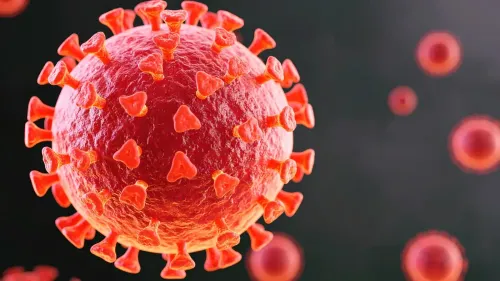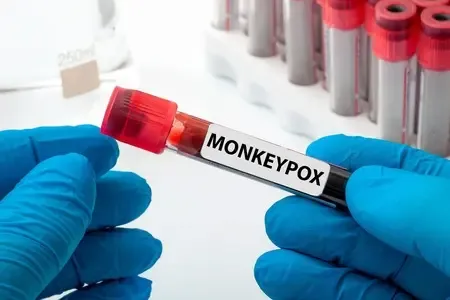Can the Shingles Vaccine Safeguard Heart Health for Up to 8 Years?

Synopsis
Key Takeaways
- The shingles vaccine reduces cardiovascular event risk by 23%.
- Protective effects last for up to eight years.
- Particularly beneficial for men and those under 60 years old.
- Shingles can lead to serious heart complications.
- Vaccination offers broader health benefits beyond shingles prevention.
New Delhi, May 6 (NationPress) A recent study reveals that individuals who receive the shingles vaccine—known as the zoster vaccine—experience a 23 percent reduction in the risk of cardiovascular incidents, such as strokes, heart failures, and coronary heart disease. This research analyzed data from over a million participants.
The live zoster vaccine contains a weakened version of the varicella-zoster virus, which is responsible for shingles.
Shingles is a viral condition characterized by a painful rash and has been associated with an increased likelihood of heart complications.
This illness can lead to significant health challenges, particularly for older adults and individuals with compromised immune systems.
Findings indicate that the vaccine's protective effects last for as long as eight years, with the benefits being especially significant among men, individuals under 60, and those with unhealthy lifestyles like smoking, excessive alcohol consumption, and lack of physical activity.
Professor Dong Keon Yon from the Kyung Hee University College of Medicine in Seoul, South Korea, stated, "Our findings suggest that the shingles vaccine could potentially reduce the risk of heart disease, even among individuals without established risk factors, indicating that vaccination may provide health advantages beyond just preventing shingles."
The study comprised 1,271,922 participants aged 50 and older residing in South Korea.
Results demonstrated that vaccinated individuals had a 23 percent lower risk of cardiovascular events overall, with a 26 percent reduction in major cardiovascular incidents (such as strokes, heart attacks, or fatalities due to heart disease), a 26 percent decrease in heart failure, and a 22 percent lower risk of coronary heart disease.
Professor Yon elaborated that shingles can inflict damage on blood vessels, leading to inflammation and clot formation, both of which contribute to heart disease. However, vaccination may mitigate these dangers.
“Our study revealed more pronounced benefits in younger individuals, likely due to a more robust immune response, and in men, possibly due to variations in vaccine efficacy,” the researcher added.
Prior studies indicate that without vaccination, approximately 30 percent of people will experience shingles during their lifetime.








